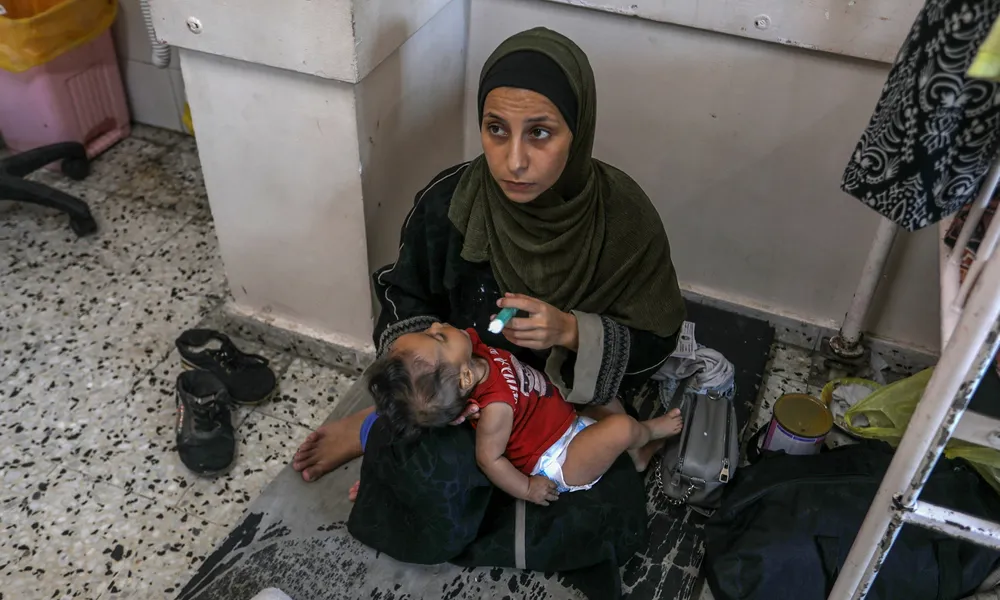Malnutrition among pregnant women in Gaza is driving a crisis that will leave “generational” impacts on newborns, a senior UN official warned, urging a rapid scale-up of aid and medical access. The remarks were delivered by Andrew Saberton, deputy executive director of the UN Population Fund (UNFPA), following his visit to the enclave.
Saberton said a quarter of Gaza’s population is starving, including roughly 11,500 pregnant women, a scenario he described as “particularly catastrophic” for mothers and babies. He warned that malnutrition in pregnancy will have lasting effects on infants, likely resulting in long-term health problems that demand sustained care.
The data behind the alarm
According to UNFPA, about 70% of newborns are now premature or underweight, compared with roughly 20% before Hamas’s October 2023 attack on Israel triggered the war. A recent ceasefire has allowed somewhat greater movement for humanitarian workers, but aid entering Gaza remains a “trickle” and “nowhere near enough,” Saberton told AFP.
Over 94% of hospitals have been damaged or destroyed, and only around 15% of operational facilities can provide emergency obstetric care. Maternal deaths are high, compounded by the scarcity of basic contraception; some women, Saberton noted, are seeking or undergoing unsafe abortions.
Unmet basic needs
Each month, some 700,000 women and girls face their menstrual cycles without privacy, water or sanitary pads. The lack of supplies and safe facilities is deepening health risks and indignity, UNFPA said.
UNFPA estimates around 170,000 people are facing significant urinary or reproductive tract problems that could be addressed “easily” with appropriate drugs and timely medical attention, provided access and deliveries improve quickly.
Source: AFP
